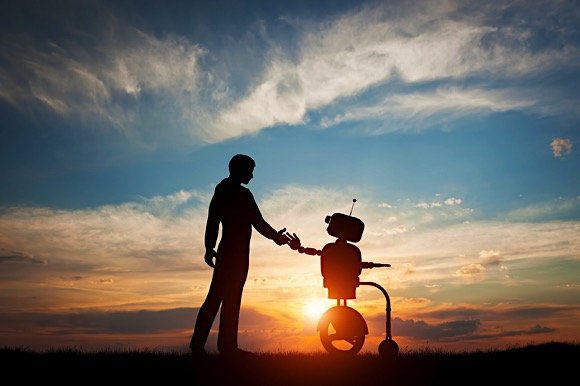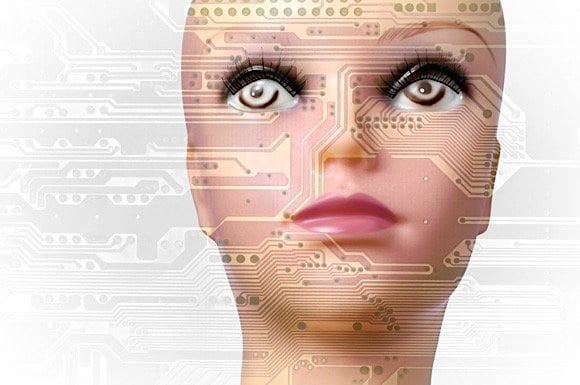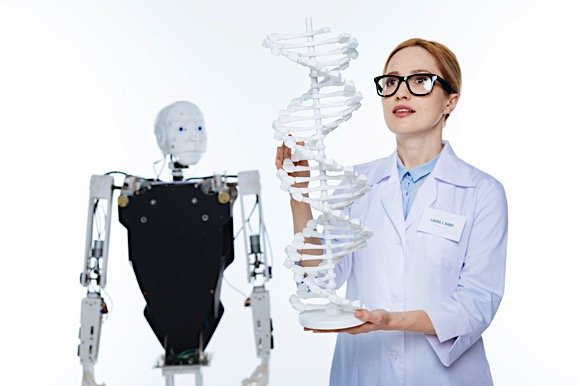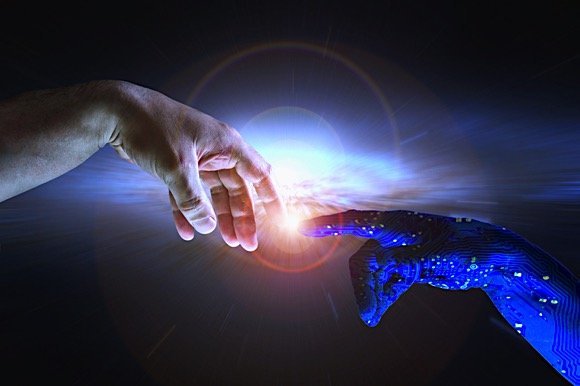
Humanity has long had an overwhelming distrust of artificial intelligence, and blockbuster films do not do much to help with their depictions of AI as sentient beings which eventually begin to question why they are following the commands of humans when they have long surpassed us. Although artificial intelligence is a far cry from such sci-fi scenarios, people still maintain skeptical of these robots and devices, often questioning them and the minds behind them. From GPS systems to artificial intelligence capable of predicting the future through advanced algorithms, the innovations are never-ending, and along with the new developments come new skepticisms.

Automated Phone Systems
Many times, we find ourselves speaking to recorded messages rather than actual people when contacting customer services, though the majority of people tend to avoid these systems as much as possible, preferring to speak to humans instead. While fairly advanced, AI is not able to predict everything that will be said, and they often do not recognize certain speech patterns and vocal frequencies, which can make it difficult to accomplish anything on these calls.

Psychic Robots?
AI predictions are among the most questioned features of artificial intelligence. AI has been programmed to use algorithms to predict a number of scenarios, such as the outcome of sporting events or medical emergencies. A growing number of people lack confidence in AI predictions and prefer to rely on humanity than robotics.

Paging Doctor Bot
IBM created a supercomputer program, which it promoted to cancer doctors. The company aimed to deliver high quality recommendations on the recommendations on the treatment of cancer. Despite the program having given advice to over 14,000 patients globally, many do not fully trust it. If the program makes predictions that align with a doctor’s diagnosis, then it is redundant and unnecessary. However, if the predictions and advice differ from the doctor’s, then it is viewed as incompetent and a waste of time and resources.

Changing Views
According to studies, prolonged and repeated encounters with artificial intelligence can improve humans’ attitudes toward such technology. Displaying algorithms and disclosing the use of technology such as surveillance systems can also go a long way in encouraging human trust in AI and provide peace of mind. The more you use something and the better you understand it, the more accepting of it you will become.
Involving people in the process by allowing for individual customization and modifications, among other things, can also significantly improve their attitudes towards the technology.

































